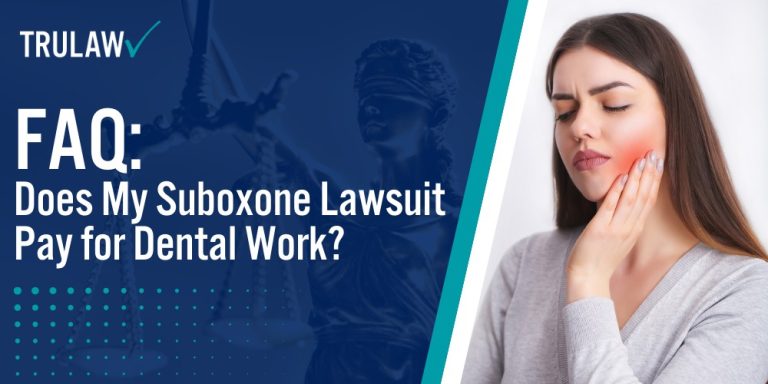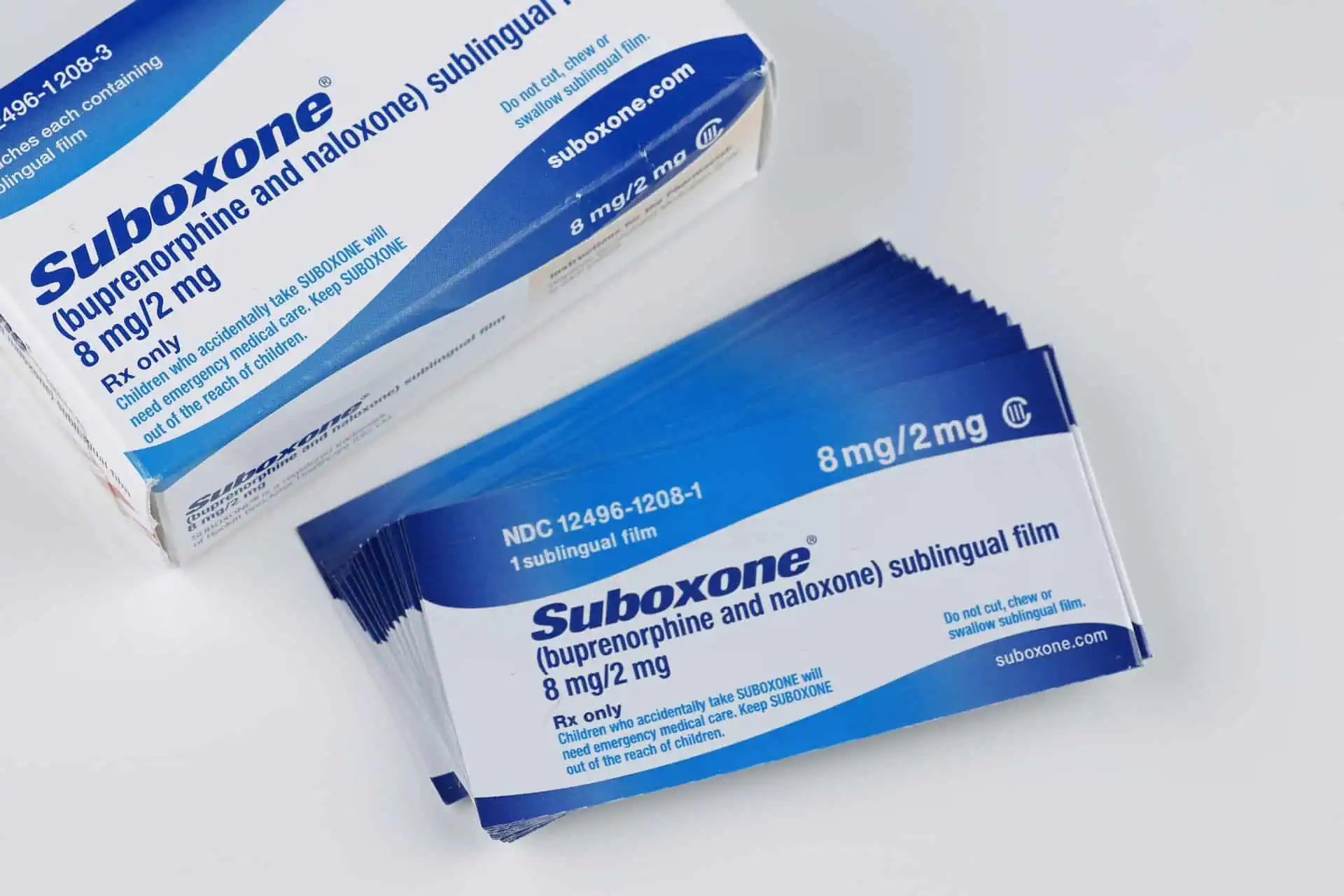If you believe you have suffered dental damage due to Suboxone use, it’s advisable to consult with a lawyer experienced in Suboxone lawsuits.
They can help you understand your rights, gather necessary documentation, and pursue appropriate compensation for your dental expenses and other damages.

Limitations and Conditions of Dental Work Coverage
Remember that each case in Suboxone tooth decay litigation is unique, and the specific coverage and compensation amount can vary based on individual factors.
Therefore, it is important to work closely with your legal representative to ensure that all aspects of your case are properly addressed.
However, it’s important to note that there may be limitations or conditions for dental work coverage in the Suboxone tooth decay lawsuits:
- The extent of coverage may depend on the severity of dental damage and its direct link to Suboxone use.
- Plaintiffs may need to provide documentation of dental issues and their connection to Suboxone treatment.
- The total settlement amount will consider both economic costs (including dental expenses) and non-economic damages.
- Individual case circumstances can affect the specific coverage and compensation amount.
Common Dental Issues Reported by Suboxone Users
Many Suboxone users report various dental problems, which can lead to severe complications.
These issues often include:
- Tooth Decay: Suboxone has been linked to significant tooth decay, which can necessitate extensive dental work.
- Dry Mouth: The medication reduces saliva production, contributing to tooth decay and gum disease.
- Tooth Sensitivity: Users often experience increased sensitivity in their teeth, making eating and drinking uncomfortable.
- Periodontal Disease: The risk of gum disease is heightened, which can lead to tooth loss if untreated.
- Jaw Pain: Some individuals report chronic jaw pain, potentially linked to medication administration.
- Plaque Build-Up: Reduced saliva and oral hygiene issues can increase plaque and tartar build-up.
Understanding the dental health risks linked to Suboxone is essential for users and healthcare providers alike.








